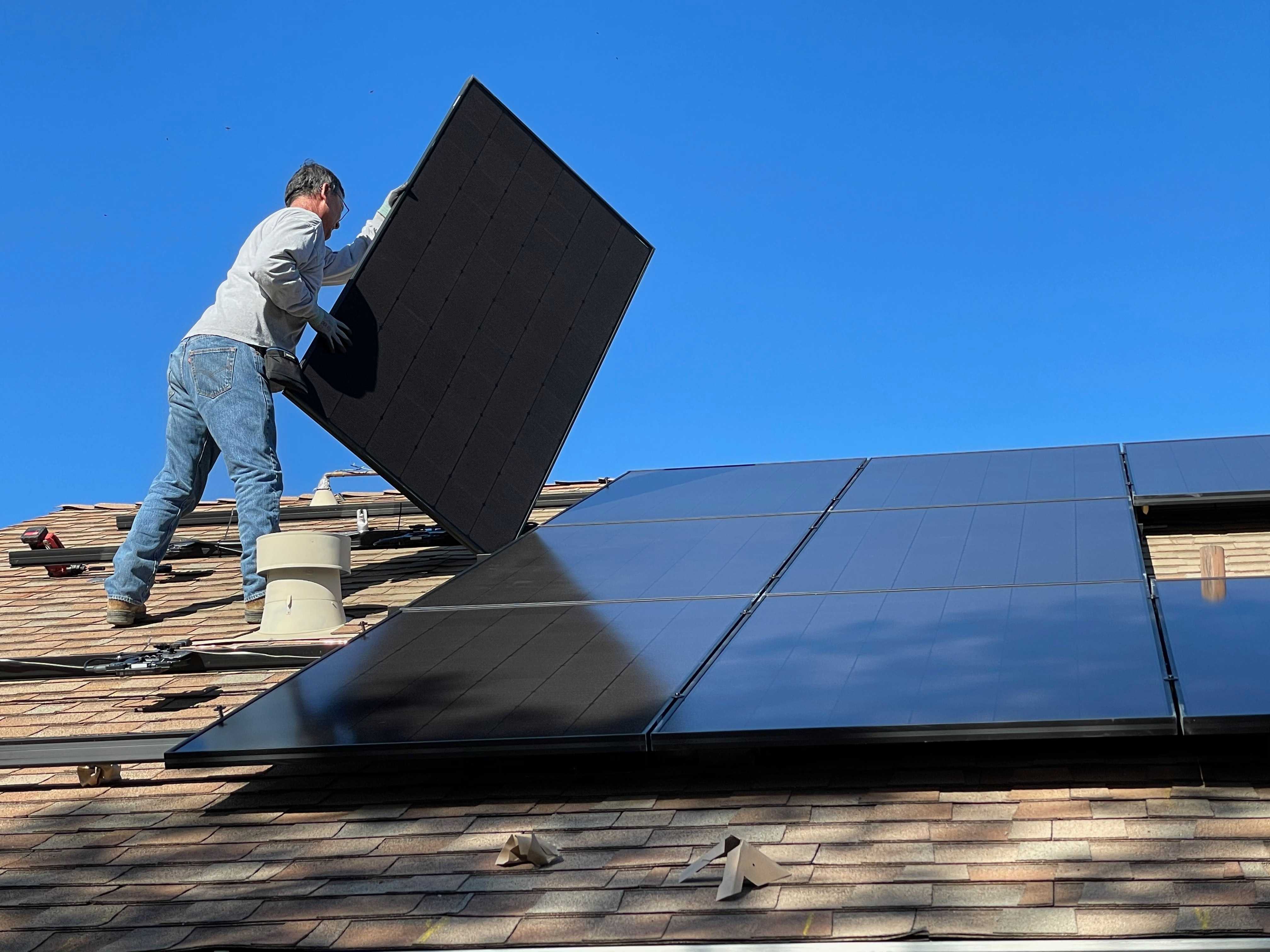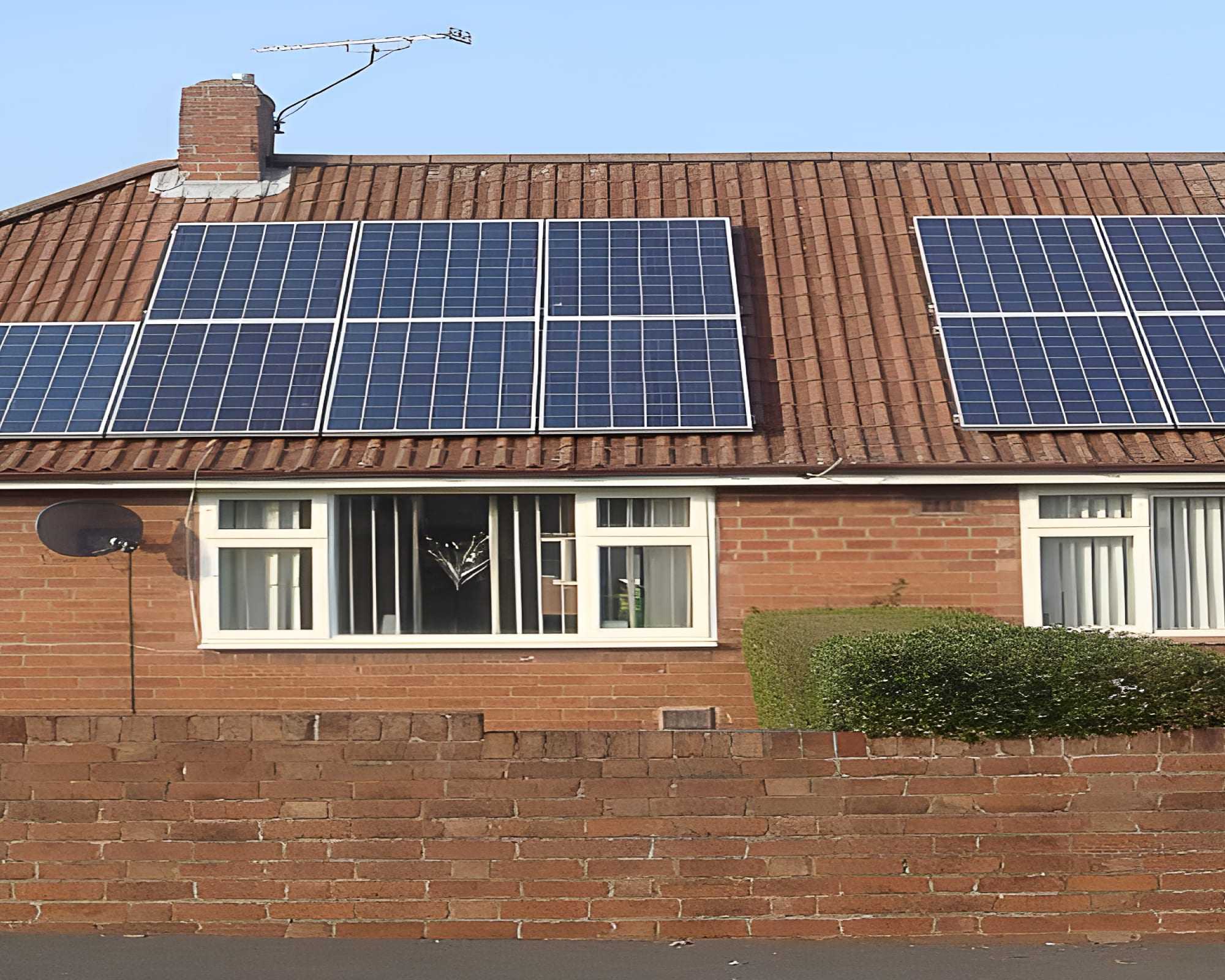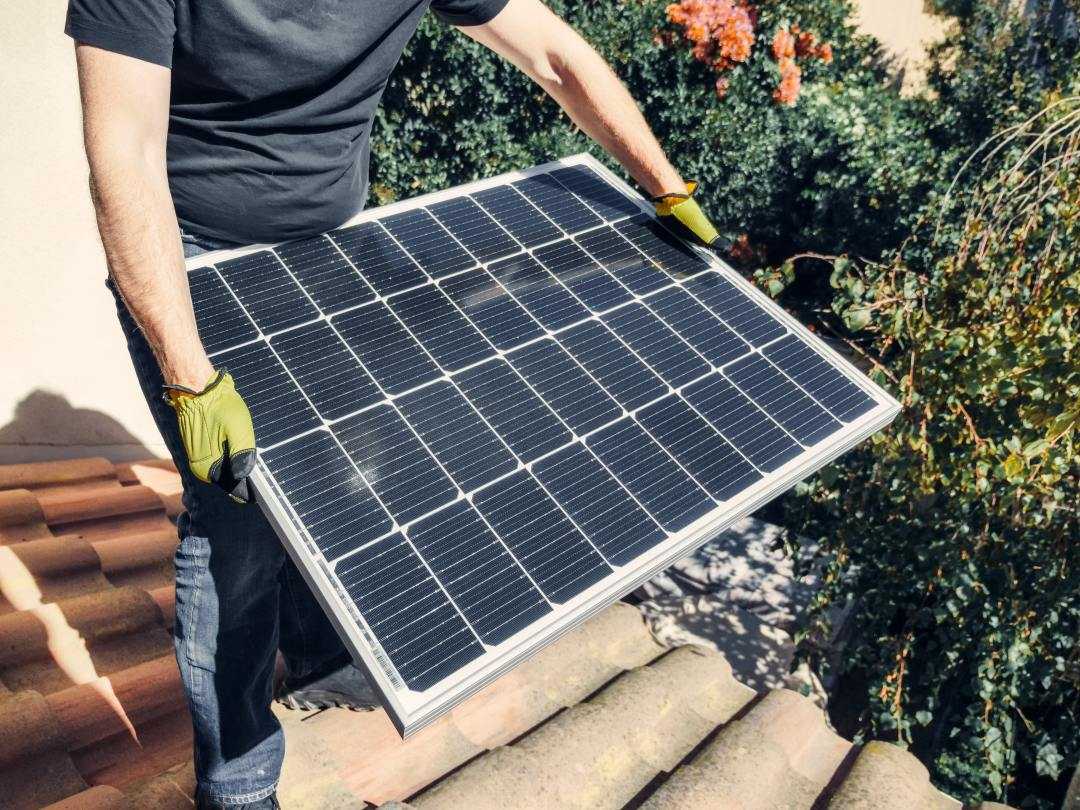
Everything You Need to Know about the UK Government's ECO+ Scheme
Though many of us are grappling with rising energy bills, those living in the least energy-efficient homes are perhaps struggling the most. Homes that are poorly insulated are harder to heat properly. Ultimately, this means energy bills are at their highest here as heating systems work harder to reach a comfortable temperature.
In a growing bid to help customers tackle rising energy bills, the UK Government has announced a new energy efficiency grant scheme. Called the ECO+ Scheme, the overall idea is to improve those poorly insulated properties while reducing energy bills and indeed energy usage overall.
Here the Energy Efficiency team at City Plumbing offers a brief overview of what this scheme could mean for customers.
What We Know So Far About the ECO+ Scheme
Though it’s in its early days and currently being consulted, ECO+ is an addition to the current ECO scheme, which aims to deliver on rapid installation of much-needed energy-efficient measures to a wider reach of households. Yet, there are a few things we already know about the ECO+ scheme, including:
The ECO+ Scheme Start Date
Understanding the urgency to act as soon as possible as the UK not only faces a harsh winter while coping with ongoing energy price hikes, this new scheme is said to be offered as early as April 2023. The idea is that it will continue to run for another three years until March 2026.
How Much Will Be Available?
There’s claimed to be around 4 billion of funding available from the ECO+ Scheme.
Who Will Benefit From the Scheme?
With grants suggested to be very generous, the understanding is that only some properties will qualify for this scheme, with the main target being those households on a low income.
Applicants will either have a household income of £31,000 or less or receive specific benefits, which will be listed on the HMRC website when made official. There's also talk that some people may be considered if they have a qualifying health condition or are considered vulnerable.
Those with energy performance certificates (EPC) of D or below will be considered, as will those living in specific council tax bands. So far, this includes council tax bands of A to D in England, A to C in Wales, and A to E in Scotland.
Finally, the idea is to offer this scheme to those households who haven’t received any other form of funding from the government beforehand regarding energy efficiency measures in their home.
What Energy Rating Certificate Is Required?
The current state of a property's heating and insulation will be the determining factor as to who fares best with the ECO + Scheme. Currently, those properties in the D, E, and G bands are being accepted. Yet this could well be extended later on into the scheme.
What Insulation Types the ECO+ Scheme Will Cover
Loft insulation
Cavity wall insulation
Flat roof insulation
Solid wall external and internal insulation
Pitched roof insulation
Underfloor insulation
Solid floor insulation
Room in roof insulation
Park home insulation
Secondary heating controls
How Much Could the Eco+ Scheme Save People?
It’s claimed that many households could save around £300 to £400 per year on their energy bills by making use of the measures under this scheme. Upon applying for the scheme, customers will be told how much they can expect to receive.
What Is At The Heart of The Eco+ Scheme?
In a bid to reach net zero by 2050, the government has a challenging target ahead and relies on energy companies to deliver more energy-efficient heating measures to homes. While this will indeed help these homes to keep warmer and reduce their energy bills, ultimately it will play a part in them reducing their energy and therefore carbon emissions.
The ECO+ scheme will prioritise fast insulation rollout and run alongside the broader ECO4 scheme which includes heat pump and solar PV installations
Where Can I Find out More About the Eco+ Scheme?
Currently, the suggestions are that those eligible households will be able to apply for the scheme through their energy supplier, though this will be confirmed nearer the time.
For further information, the UK government website, HMRC, is the place to keep updated with all the current changes and news. Our experts on the Energy Efficiency team will also keep you updated when the scheme is officially released, so keep an eye out on the website for more details.




